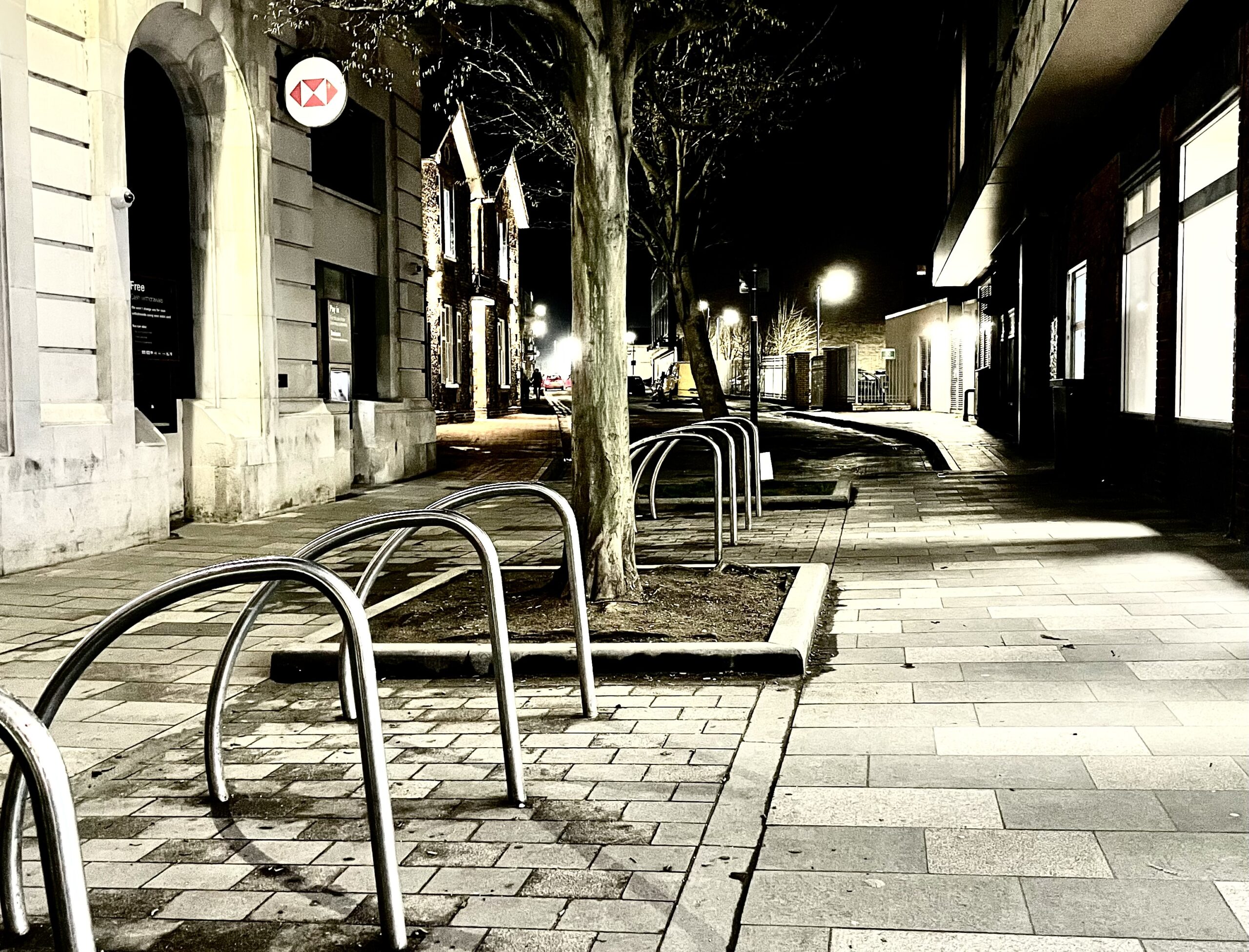March is a month we all look forward to as the days get longer and the clocks go forward at the end of the month!
In this blog, we wanted to discuss night shoots and about how to scout for the right locations and to getting permissions to film.
Why do we schedule nightshoots or split days?
It’s mainly for script purposes but also sometimes availability of some locations. Sometimes split days are scheduled which are later starts for light purposes. Filming at some train stations and bridges in London for example (that require a large crew and crowd set up) night shoots in a controlled environment work well. The local film office may need to contact Noise Pollution team to access it there will be an impact on the area.
Generally in residential areas, you will often get permission to film until 22.00 (sometimes 23.00 if you are able to do some consultation). Sometimes this can be later or earlier on weekdays or weekends – each Film Office will have different guidelines.
Of course it is easier to do a night shoot in a remote location, there are still challenges with this as sound travels.
Top Tips
- If you know it is scripted as night, start early and asking the questions to what time are we wanting to go to? This is often with the First Assistant Director onboard
- Scout early – in cities think about the number of residents around, speak to your local Film Office where would be appropriate for nightshoots, Think about where lighting plant might be and speak to your Gaffer & Best Boy early on about what they require. You may also require street lighting alterations through your Film Office
- Think about access to your Unit Base – often there are curfews if in a heavy residential area. Make sure your Unit Manager is aware that you are looking at filming late
- Speak to your Production Team and other Heads of Departments to implement a silent pack down process.
- Delay any lighting or heavy traffic plant or machinery movement until daylight hours (you will need to liaise with your production team)
- Don’t forget to read the new BECTU/PACT agreement around nightshoots and turnaround days as this has changed
What makes a good night shoot?
- Having a daytime team to help with the set up of locations, respond to calls and emails (whilst the rest of the team can rest)
- Stagger the team (where you can) particularly if you require to prep or strike
- Hot Treats and snacks are always a good way to raise morale and energy – look after yourself and the rest of the team!
Common Mistakes
- Anticipating that you will get permission to Film until a certain time and not getting approvals
- Getting access to crowd holding or buildings may require you to pay more for someone to keep it open overnight
- Not enough security in areas that are more prone to crime at night
- Access to your Unit Base – often there are curfews if in a heavy residential area. Make sure your Unit Manager is aware that you are looking at filming during the night
I hope you found this useful. If you need any night time driving routes or extra crew for your night shoots then please do get in touch with us.
Oliver Laurenson-Gore – Location Manager & Scout
Website: www.locationroutesfilm.agency
Email: [email protected]y
Tel: 020 4524 6399
